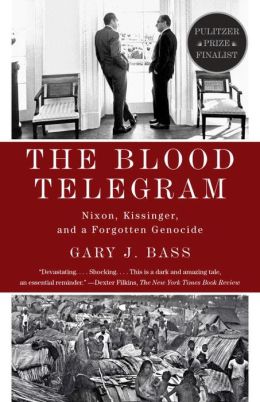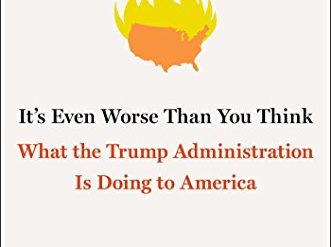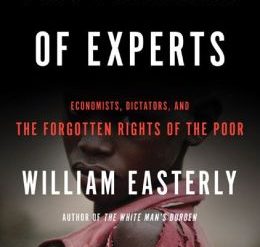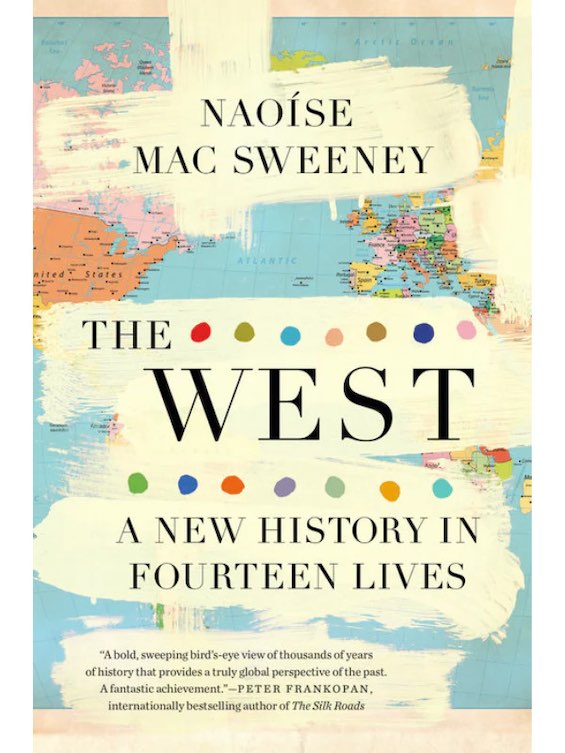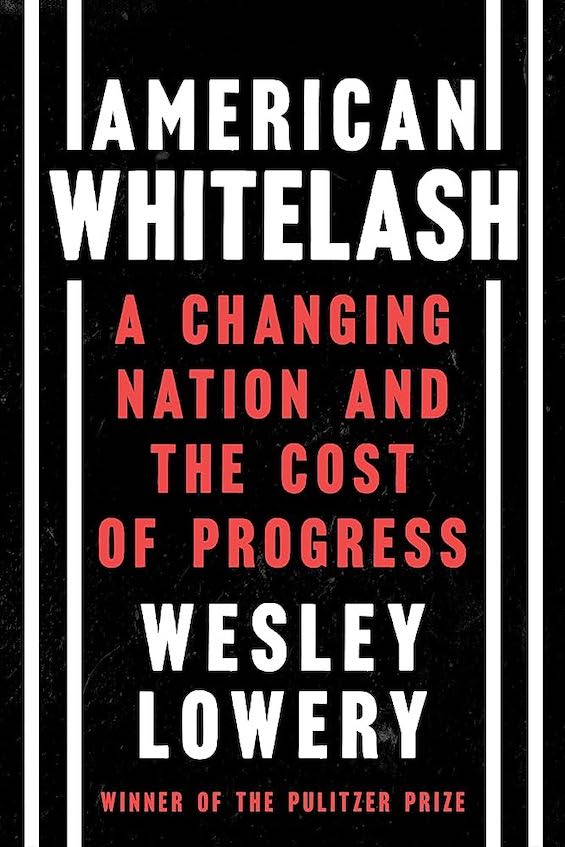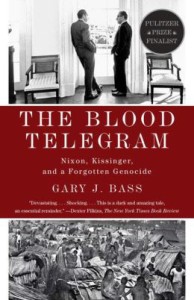
When Americans today think of Richard Nixon, four or five episodes in his public life usually come to mind. Watergate. The Cambodia invasion. The opening to China. His TV debates with John F. Kenned. And, perhaps, his kitchen confrontation with Nikita Khrushchev when still Dwight Eisenhower’s vice president. Nixon’s frantic efforts to sanitize his record—including ten books he wrote after resigning from the presidency—and the cult of secrecy that envelops the US government have obscured another history-changing episode: his and Henry Kissinger’s inexcusable collaboration in murdering hundreds of thousands of people in 1971 in what today is Bangladesh. Yes, this is a book about genocide, starring the then-US President and his Secretary of State.
Estimated reading time: 5 minutes
Nixon and Kissinger’s complicity in the Bangladeshi genocide has finally come to light in Gary J. Bass’ outstanding work of modern history, The Blood Telegram. Bass, a professor of politics and international affairs at Princeton University, makes effective use of newly opened secret archives and other primary sources as well as interviews with many of the surviving players in the drama.
The Blood Telegram: Nixon, Kissinger, and a Forgotten Genocide by Gary J. Bass (2013) 537 pages ★★★★★
Acting out of spite toward Indian prime minister Indira Gandhi (whom they loathed) and disdain for all Indians in general (whom they dismissed as liars) as well as inexplicable regard for Pakistan’s brutal (and reportedly stupid) military dictator Yahya Kahn, Nixon and Kissinger forced the US government into taking sides between the two bitter enemies. They actively supported the Pakistani military’s genocidal campaign in East Pakistan (now Bangladesh) to suppress the popular democratic movement that had won a huge election majority there.
Despite continuing resistance from the Foreign Service, the State Department hierarchy, and sometimes the Pentagon and the White House staff as well, the two men shipped arms and ammunition to the Pakistani army again and again as it marched throughout East Pakistan, murdering at least 300,000 Bengalis (most of them Hindus) and forcing ten million of them across the border into India as refugees.
Nixon and Kissinger moved to disrupt an effort to halt the genocide
Their support for Yahya was so single-minded that Nixon and Kissinger revealed highly classified information to the Chinese leadership in hopes of persuading them to move troops to the Indian border to disrupt Indian plans to halt the genocide. Even worse, considering the Soviet Union to be India’s faithful ally, they warned the USSR to back off, running a real risk of nuclear confrontation. The whole sad business finally ended only when India attacked and trounced the Pakistani army, freeing the East Bengals to establish an independent Bangladesh.
If Bangladesh to you is merely a faraway place where thousands die in collapsing garment factories, you may need a brief lesson in the geopolitics of 1971 to understand just how important these actions were. Anti-communist rhetoric was still the order of the day in Washington, especially under Richard Nixon, who’d made his career on the backs of liberals he accused of softness on Communism. In Moscow, Leonid Brezhnev and Alexei Kosygin called the shots, and Mao Tse-Tung was still very much in control of China, his Cultural Revolution engulfing the country.
Nixon’s guiding light was “the balance of power”
Partly out of his own instincts and partly under the tutelage of Henry Kissinger, then the head of his National Security Council, Nixon looked on the world cold-bloodedly through the lens of the 19th century concept of the “balance of power.” Since the USSR and China were then at odds, having fought a series of border skirmishes, it behooved the USA to drive an even deeper wedge between them. Hence, Nixon’s opening to China, still a closely-held secret while the events in East Pakistan began to unfold.
Similarly, since India relied on the Soviet Union for arms — the US would sell her none — then it was convenient for Nixon and Kissinger to support any move by Pakistan. In any case they liked its dictator far more on a personal level than the elected prime minister of the world’s largest democracy. A contributing factor was Yahya Kahn’s personal role in facilitating the now-famous dialogue involving Nixon, Kissinger, Mao, and Chinese Foreign Secretary Chou En-Lai, serving as their go-between.
Geopolitics aside, what is most troubling about this episode is the extent to which Richard Nixon and Henry Kissinger’s mean-spirited personalities dominated their policies — dismissing out of hand as Indian propaganda repeated warnings from their own Foreign Service about the use of American arms in Pakistan’s genocidal campaign, trash-talking about every Indian leader involved in the events, and shrugging off warnings from the State Department, the Pentagon, and even their own White House that they were breaking US law.
For related reading
This is one of 13 good recent books about American foreign policy.
Enjoy reading general nonfiction? Here is my list of The 10 most memorable nonfiction books of the decade.
You may also enjoy browsing through 20 top nonfiction books about history.
For more good books on the history of the US, see Top 20 popular books for understanding American history.
And you can always find my most popular reviews, and the most recent ones, plus a guide to this whole site, on the Home Page.

